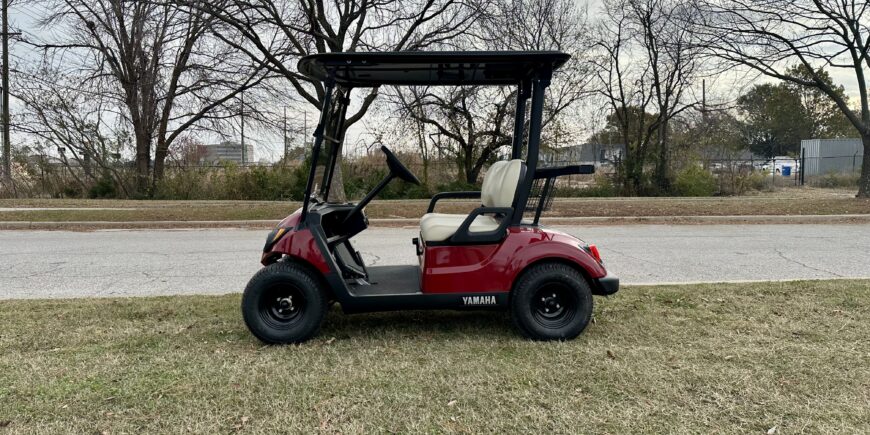
Are ATVs Street Legal What You Need to Know About Riding on Roads
ATVs are designed for off-road use, but many people wonder if they can legally ride them on streets. This article explores the legality of 4-wheelers on public roads, consequences of riding illegally, and how to make your ATV street legal.
Are 4 Wheelers Street Legal in the US?
The legality of riding ATVs, or 4-wheelers, on public roads in the U.S. depends on the state and local regulations. In general, ATVs are not street legal unless they meet certain safety requirements and are modified to comply with road standards. Most states allow ATVs to be ridden on roads only in certain conditions, such as in low-speed areas, during specific times, or within designated zones like rural or off-road areas.
In many states, to legally operate an ATV on public roads, the vehicle must be classified as a Neighborhood Electric Vehicle (NEV) or meet other specific standards. These may include having safety features such as headlights, taillights, turn signals, and a rearview mirror, among others. Always check your local and state laws to ensure compliance before attempting to drive an ATV on public roads.
What Happens If You Get Caught Riding an ATV on the Road?
Riding an ATV on a public road without meeting the necessary legal requirements can result in fines, penalties, and even impoundment of the vehicle. The consequences of riding illegally vary by state and local jurisdiction, but generally, riders can face:
- Fines: Depending on the area, fines for riding an ATV illegally on the road can range from a few hundred to several thousand dollars.
- Impoundment: In some cases, law enforcement may impound the ATV until the rider proves that it is roadworthy or until the fines are paid.
- License Points and Suspension: In some states, a ticket for riding an ATV illegally on the road can result in points added to your driving record and possibly a suspension of your driver’s license.
- Liability for Damages: If an accident occurs while riding an ATV illegally on the road, the rider may be held liable for damages, and insurance may not cover the costs of the accident.
In general, it’s best to avoid riding an ATV on public roads unless it meets the legal requirements of your area to prevent legal and financial consequences.
How Do I Make My 4 Wheeler Street Legal?
If you want to make your ATV street legal, there are several modifications and requirements you must meet. Here’s what you need to do to get your ATV ready for road use:
- Install Necessary Safety Features: To make your ATV street legal, it must be equipped with the necessary safety features. These typically include:
- Headlights and taillights
- Turn signals
- Rearview mirror
- Horn
- Brake lights
- Reflectors
- Upgrade Tires: Your ATV’s tires must be street-approved and have sufficient tread to meet road standards. Off-road tires may be too aggressive for road use, and in some states, using off-road tires on public roads is illegal.
- Check the Speed Limit: Some states require your ATV to be limited to a maximum speed of 25 to 35 mph for street use. You may need to install a speed governor or make adjustments to ensure compliance.
- Get a Title and Registration: To legally drive an ATV on the road, it must be registered with your state’s Department of Motor Vehicles (DMV). This involves obtaining a title and registration plate for the ATV, just like a car. You’ll also need to pay any associated registration fees.
- Ensure Emissions Compliance: Many states require ATVs to pass emissions tests before they can be used on the road. Make sure your ATV complies with local emissions standards.
- Insurance: Just like any other vehicle on the road, ATVs require liability insurance. Be sure to contact your insurance provider to get proper coverage for your ATV.
Conclusion
While ATVs are designed for off-road use, it is possible to make them street legal under certain conditions. However, before taking your ATV onto public roads, make sure to check the local and state laws regarding modifications, safety features, and registration requirements. Failing to follow these regulations could result in fines, penalties, or other legal issues. If you’re unsure about the requirements in your area, consult with a professional or local ATV dealer for guidance. By ensuring your ATV meets the necessary standards, you can enjoy safe, legal, and enjoyable rides on public roads.





Add a review
Your email address will not be published. Required fields are marked *